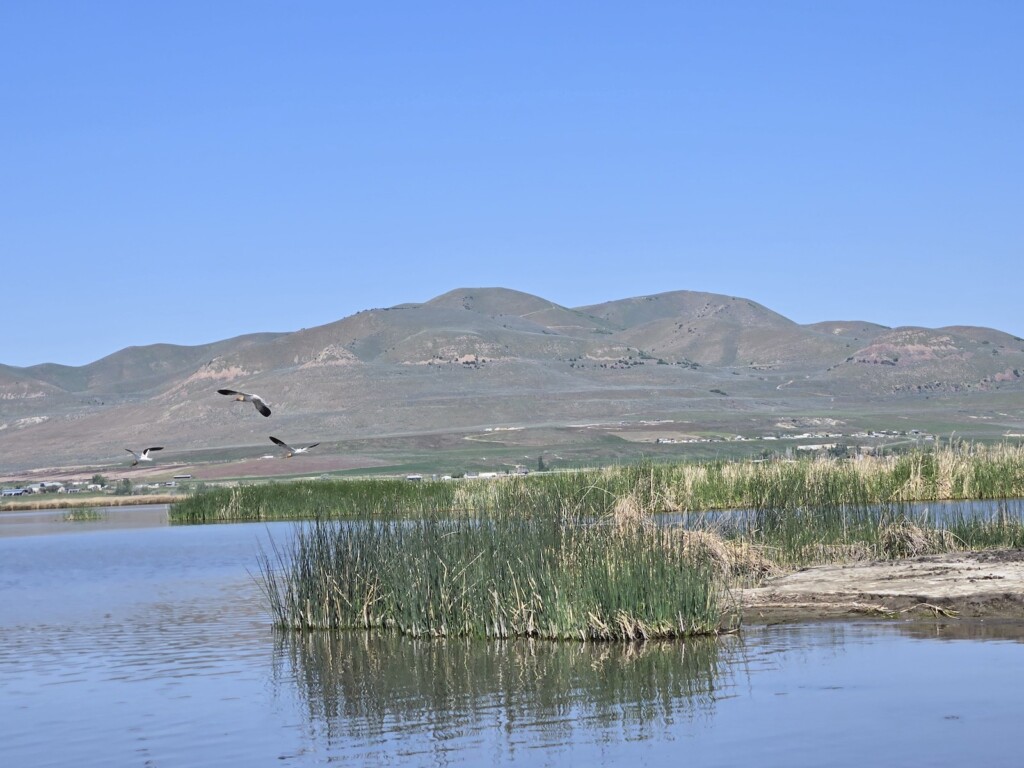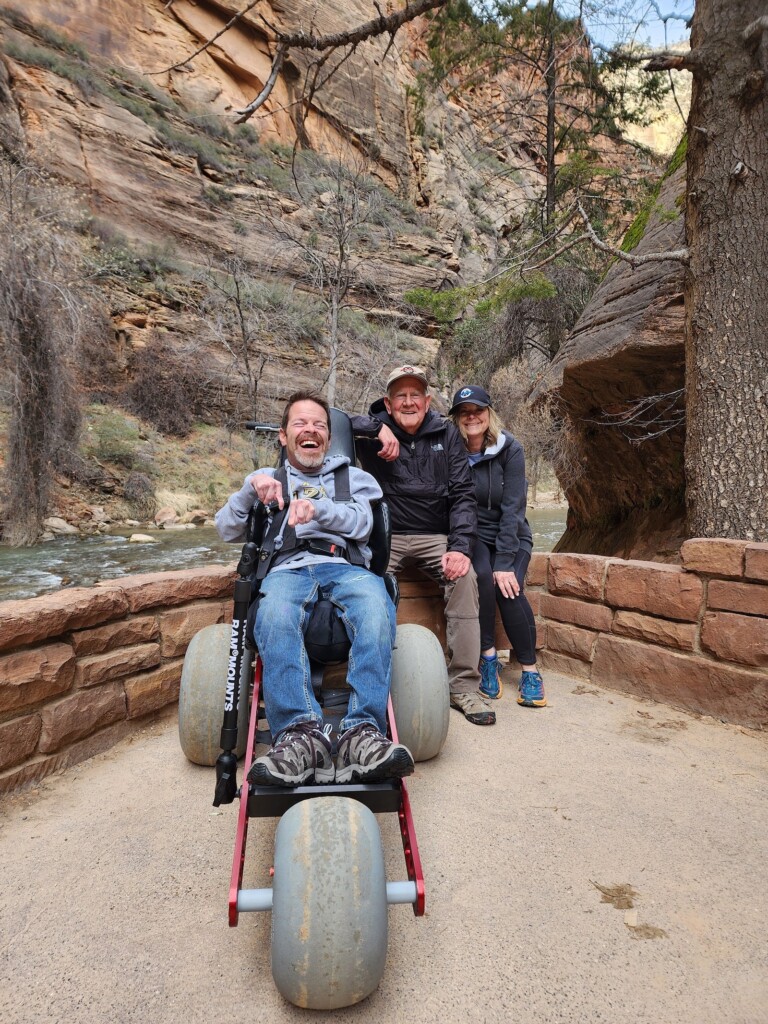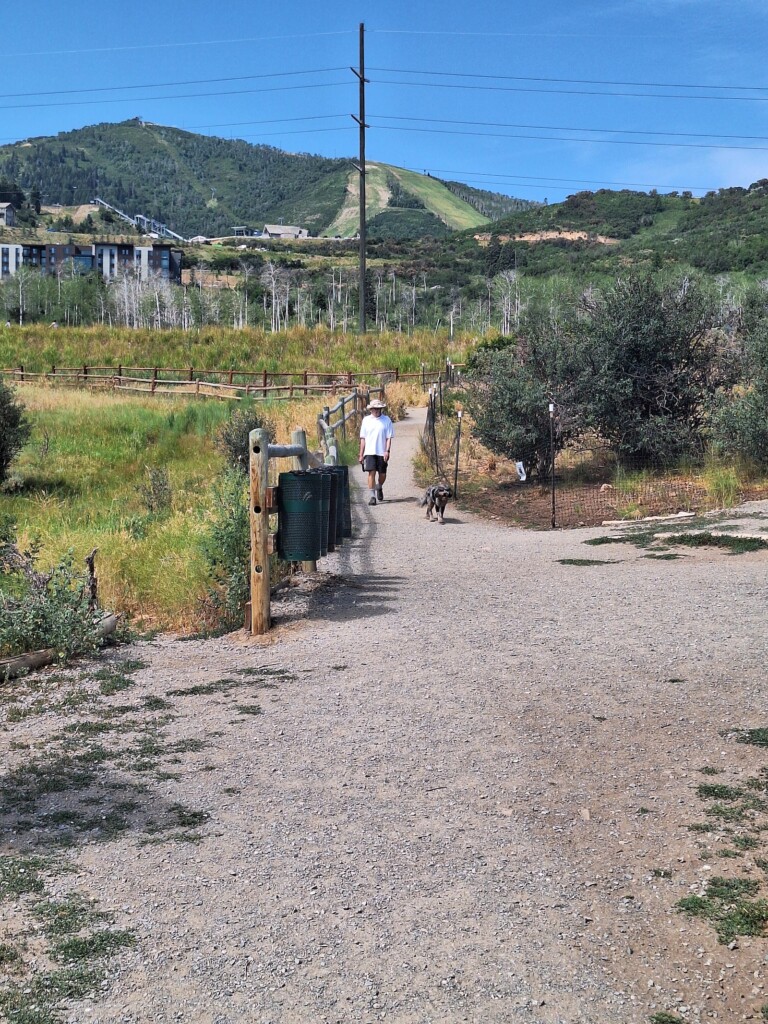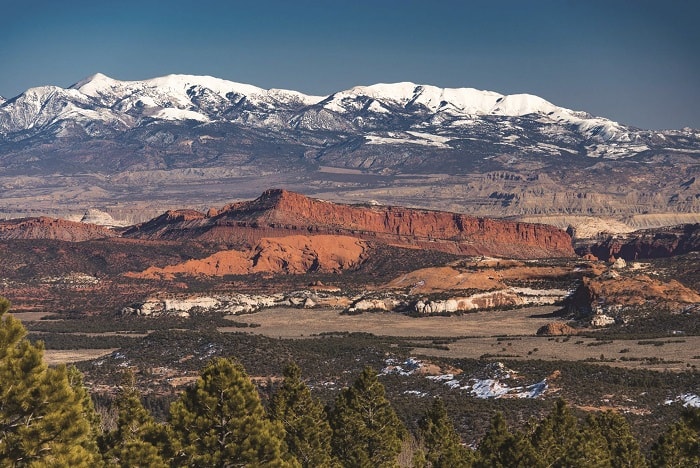
Conservation groups are fighting to preserve 175,500 acres of public lands in Utah that the Bureau of Land Management has plans to lease for 130 oil and gas developments—a move that would be extremely detrimental for the wilderness areas, wildlife inhabitants, and the fight against climate change as a whole, says the Southern Utah Wilderness Alliance.
On Sept. 12, the Center for Biological Diversity, Living Rivers and SUWA, filed a lawsuit against the BLM, arguing that the agency violated the National Environmental Policy Act (NEPA) by approving five lease sales from 2014 to 2018 without accounting for the climate pollution that would result from oil and gas development.
“This is the second lawsuit that we’ve brought this year challenging BLM’s leasing proposals on their failure to analyze and quantify greenhouse gas emissions and the climate impacts,” says Landon Newell, SUWA staff attorney.
Newell says that the Trump Administration’s “energy dominance agenda” has worked to eradicate Obama-era reforms and thus facilitate more leasing and development for the production of fossil fuels.

“What’s happened, unsurprisingly, is that when you rush to do something, and when you don’t think out what you’re doing, you make mistakes,” says Newell. “The BLM has made not just mistakes, but legal mistakes that have continually gotten them in trouble in federal court.”
In March, a federal judge in Washington D.C. ruled that BLM violated NEPA by failing to quantify greenhouse gas emissions and their impacts on climate change. Most recently, a federal judge in Idaho held that BLM violated NEPA when it tried to throw out land-use plans and amendments created by the Obama Administration for the greater sage-grouse.
As a result of the Utah suit, BLM has suspended the 130 leases and committed to going back and reanalyzing the climate impacts of its leasing decisions.
“For the first time, the BLM will provide the public with a full accounting of how big of a contributor BLM is to the climate crisis, largely through its permitting of oil and gas leasing and development,” says Newell.
Based off of this analysis, BLM will then decide if it will move forward with the oil and gas leases.
“I’m not holding out too much hope on that front,” says Newell.
In addition to allowing for the creation of infrastructure to support the oil and gas enterprises on previously undeveloped public lands and threatening wildlife habitats, the leases would create more pollution at a time when climate scientists are urging drastic cuts of greenhouse gas emissions.
At present, nearly a quarter of all U.S. greenhouse gas pollution results from fossil fuel development on public lands.
“Each new oil and gas lease commits us to more greenhouse gas pollution that our planet can’t afford,” added Diana Dascalu-Joffe, an attorney at the Center for Biological Diversity, another organization in the lawsuit. “There are already more fossil fuels under development in the world than can be safely burned. New leases dangerously disregard urgent climate warnings from scientists.”
Regardless of the BLM’s decision, Newell says SUWA will stay involved and continue to fight to protect the public lands.
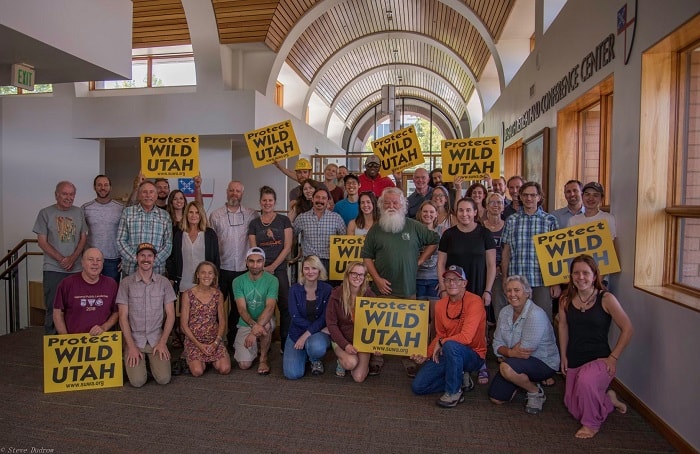
“A lot of these leases are located in some of the wildest, most scenic and remote parts of our state,” says Newell. “The majority of these leases are in areas proposed for wilderness in America’s Red Rock Wilderness Act and are areas we’ve been fighting for decades to protect as wilderness. We will continue advocating for the protection of those lands.”


